
Lemon seeds can save the life of a snakebite victim in just 1 minute if used this way
Be Proactive in Preventing Snakes From Entering Your Home – and Learn the Traditional Remedy Using Lemon Seeds to Draw Out Venom
Being proactive in preventing snakes from entering your home—and understanding traditional detox methods such as using lemon seeds—can help reduce dangerous complications, including potentially fatal outcomes. Below is a detailed guide on how to properly perform first aid when someone is bitten by a venomous snake, followed by folk remedies and important safety notes.
Essential First Aid Steps for Venomous Snakebites
When encountering a snakebite victim, follow these steps in order:
1. Keep the victim calm
The very first thing you should do is stay calm yourself so you can reassure the victim. Panic or sudden movements can accelerate the spread of venom through the bloodstream.
2. Do NOT allow the victim to walk or move the affected limb
Movement increases the speed at which venom circulates. Immobilize the bitten arm or leg with a splint or any rigid object available.
3. Remove jewelry and tight accessories
Rings, watches, bracelets, or anklets should be removed immediately because swelling can worsen and cause constriction.
4. Apply a pressure-immobilization bandage (only for specific snakes)
This method is recommended for bites from certain elapid species such as kraits, cobras, king cobras, and some sea snakes. The pressure bandage helps slow the onset of paralysis.
Use elastic bandages, cloth strips, or torn fabric. Wrap firmly—but not excessively tight—and ensure a pulse is still detectable. Start bandaging from the fingers or toes upward to the entire limb. Then use a rigid support (sticks, boards, cardboard, etc.) to immobilize the limb.
5. Do NOT use pressure bandaging for viper bites
For green pit vipers and most vipers, pressure bandaging may worsen bleeding and tissue damage.
6. Clean the wound
Rinse gently under clean running water with mild soap. You may disinfect the area, but avoid aggressive squeezing or cutting the wound.
7. Provide rescue breathing if needed
If the victim shows signs of respiratory distress, perform mouth-to-mouth ventilation or use available medical equipment such as a bag valve mask.
If cardiac arrest occurs, begin CPR immediately while waiting for medical professionals.
8. Transport the victim to a medical facility as soon as possible
Keep the pressure bandage on (if applied), keep the limb lower than the heart, and avoid unnecessary movements. Medical evaluation is crucial because antivenom may be required.
Note: Even if initial symptoms seem mild, venom effects may develop slowly. Immediate professional care is always necessary.
Traditional Remedy: Using Lemon Seeds to Draw Out Venom
Some communities use lemon seeds as a folk remedy after a snakebite. Although this should NOT replace medical treatment, it is commonly practiced as an emergency measure in remote areas.
Step-by-step application
-
Clean the wound thoroughly using 9% saline water or clean saltwater.
-
Avoid excessive squeezing of the wound, as this may accelerate venom flow into the bloodstream.
-
Take about 20 grams of fresh or dried lemon seeds. Have the victim chew them thoroughly until they become a paste.
-
The victim should swallow the liquid produced from chewing the seeds.
-
Apply the remaining pulp directly onto the wound as a detoxifying poultice.
If the patient is unconscious:
-
Mix powdered lemon seeds with water and carefully pour a small amount into the mouth.
-
Crush fresh lemon seeds into a paste and apply the mixture to the bite wound.
After completing these steps, immediately transfer the victim to the nearest medical facility for continued treatment. Folk remedies can support first aid but do not neutralize venom.
Important note:
This traditional method is generally used for adults and children over 3 years old. Dosage may vary with age, so caution is advised.
4 Types of Plants That Attract Snakes – Avoid Growing These Near Your Home
Recently, increasing reports of dangerous snakebites, including fatal cases, highlight the need for community awareness. Aside from avoiding direct contact with snakes, you should be careful with certain plants that naturally attract them.
1. Oldenlandia (White Snake-Tongue Grass)
Known by several names, this plant thrives in moist, shaded environments. Where it grows, snakes are often present due to the cool habitat it provides.
2. Plumbago Zeylanica (White Flower Plumbago)
Although this plant is valued as medicine for skin diseases, liver issues, and more, its scent is believed in folklore to attract snakes.
3. Purple Wild Grapes (Melastoma species)
When fruits ripen, they attract rodents and other small animals. Because snakes frequently hunt these animals, they are often found near this plant.
4. Other fragrant plants
Certain flowers like jasmine, honeysuckle, and morning glory can attract snakes, unless chemical fertilizers or pesticides are used, which usually repel them.
Plants That Repel Snakes – What You SHOULD Grow Around Your Home
In contrast, several plants are believed to drive snakes away. These plants release strong essential oils or scents that snakes dislike.
1. Allium Chinense (Aromatic Garlic Chives or “Củ Nén”)
This herb has a strong, spicy scent. Snakes typically avoid areas where this plant is grown. Plant it around fences, gardens, or pathways.
2. Garlic Vine (Mansoa Alliacea)
Despite being unrelated to true garlic, this vine emits a pungent garlic-like smell. Planting it along fences or at the entrance of your home is believed to deter snakes effectively.
3. Kudzu / Pueraria (Sắn Dây)
The sap of this plant is said to repel snakes. Homes with large gardens can plant clusters of kudzu to reduce snake presence.
4. Lemongrass
Its essential oils naturally repel snakes and insects. However, dense clumps may sometimes be used by snakes as hiding places if not maintained regularly.
5. Other aromatic plants
Herbs like mint, rosemary, and lantana are also believed to deter snakes because of their strong smell.
Bonus method: Keeping pets
Dogs and cats can help keep snakes away by controlling rodents, which are a major food source for many snake species.
News in the same category


Banana Peels Mixed With Laundry Detergent: The Surprisingly Powerful Household Remedy

How To “Remove” All The Chemicals Out Of Store-Bought Chicken

When choosing a balut egg, just look at one point to know if it is old or young, no fear of buying the wrong one.

Pork fed growth hormones and containing lean meat additives often has this sign. You just need to be observant when going to the market to see it.

Tips for hair care with corn, extremely effective in preventing hair loss, new hair grows abundantly
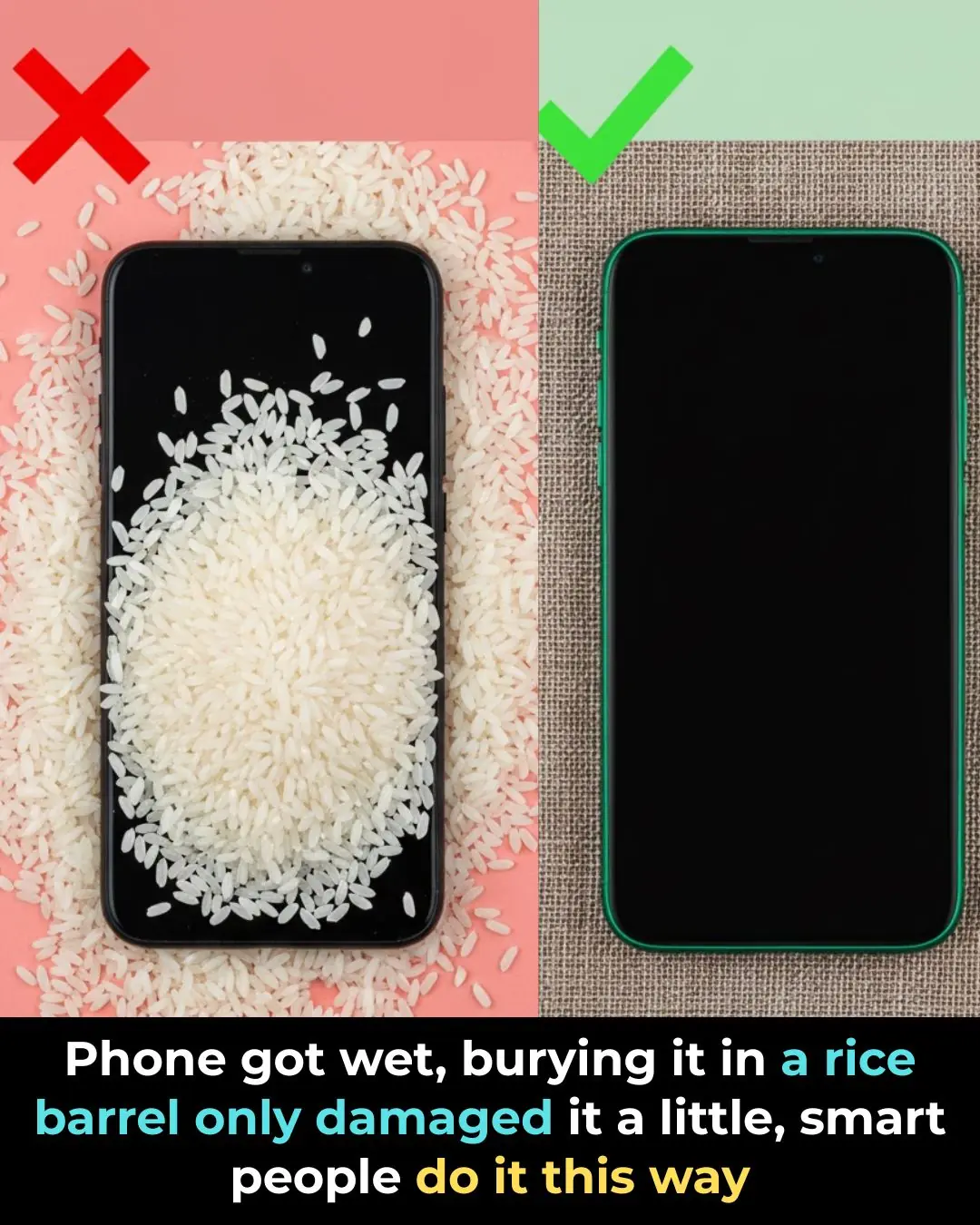
Phone got wet, burying it in a rice barrel only damaged it a little, smart people do it this way

Tips to preserve moon cakes for half a year, keep them from getting hard when eaten

Great tips to help your flowers and ornamental plants, no matter how wilted, become fresh again in just a few days
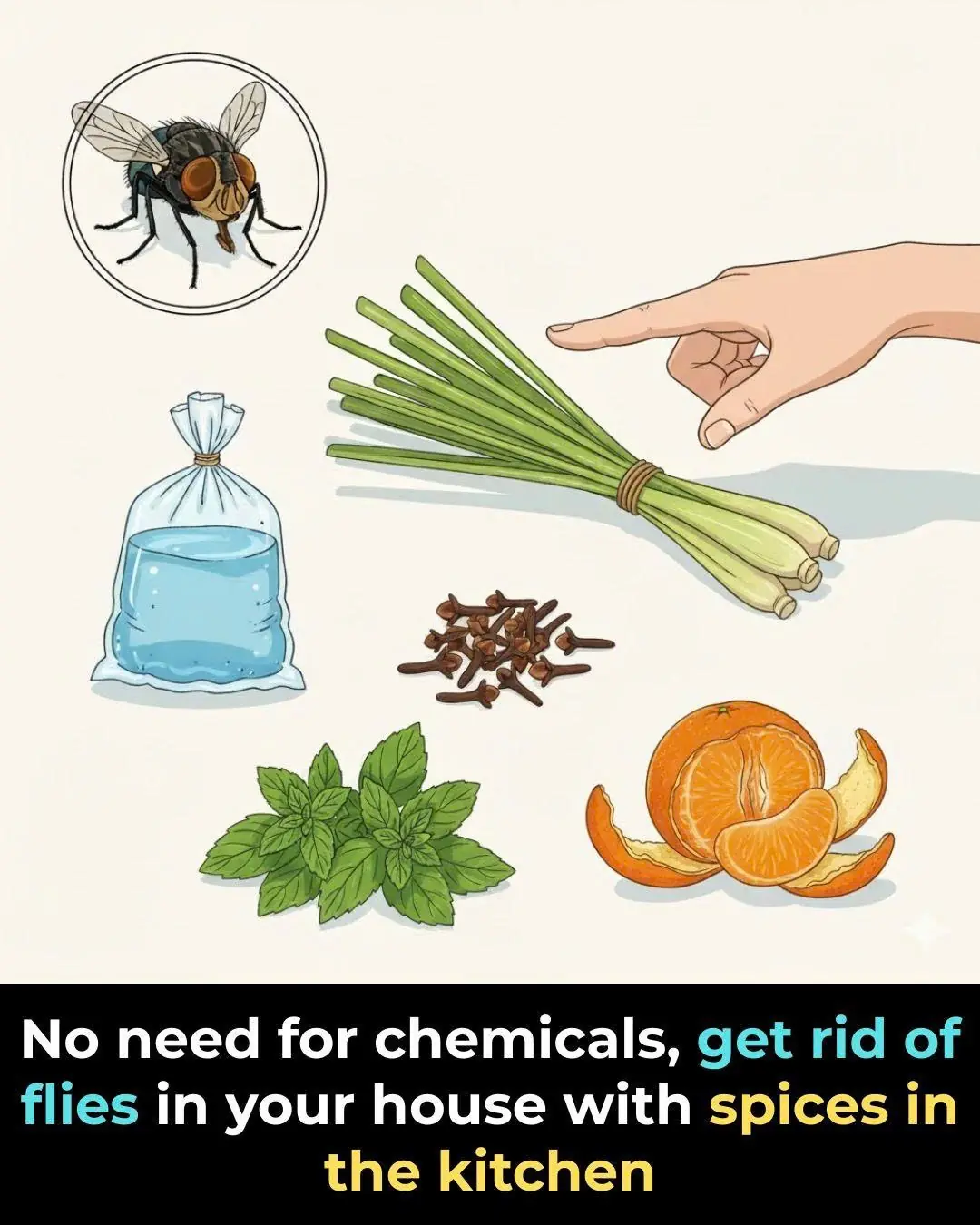
No need for chemicals, get rid of flies in your house with spices in the kitchen
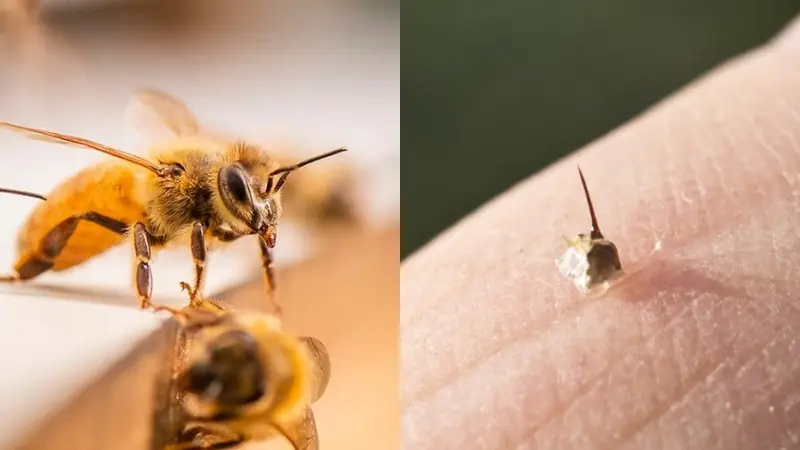
A Simple 1-Minute Trick to Soothe Bee Stings – My Dad’s Easy Home Remedy (Scientifically Explained)
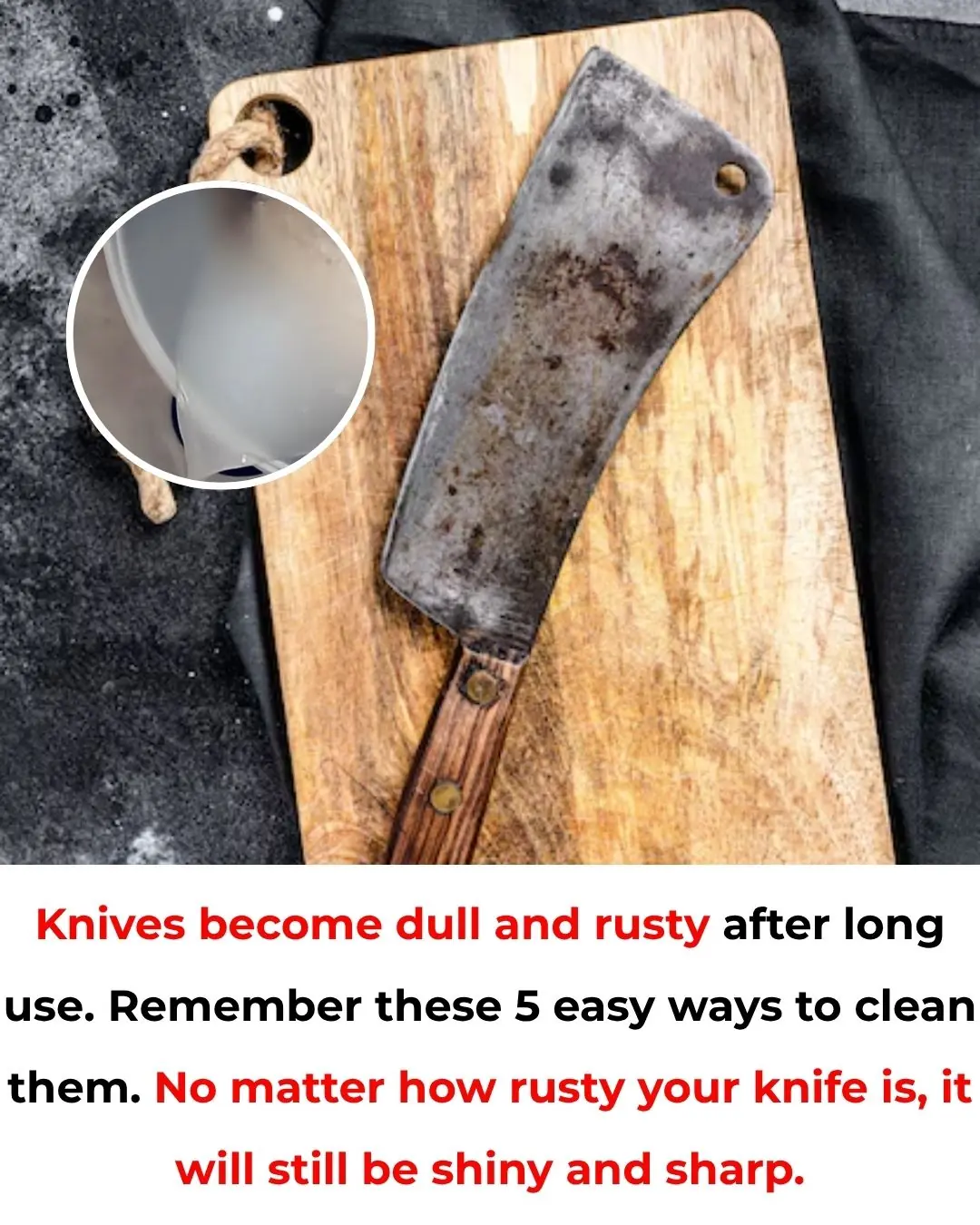
5 Simple Ways to Remove Rust from Knives – Make Your Dull, Rusty Knife Shiny and Sharp Again

5 Fruits on the ‘Blacklist’ That Can Cause Cancer – Avoid Buying Even If Cheap
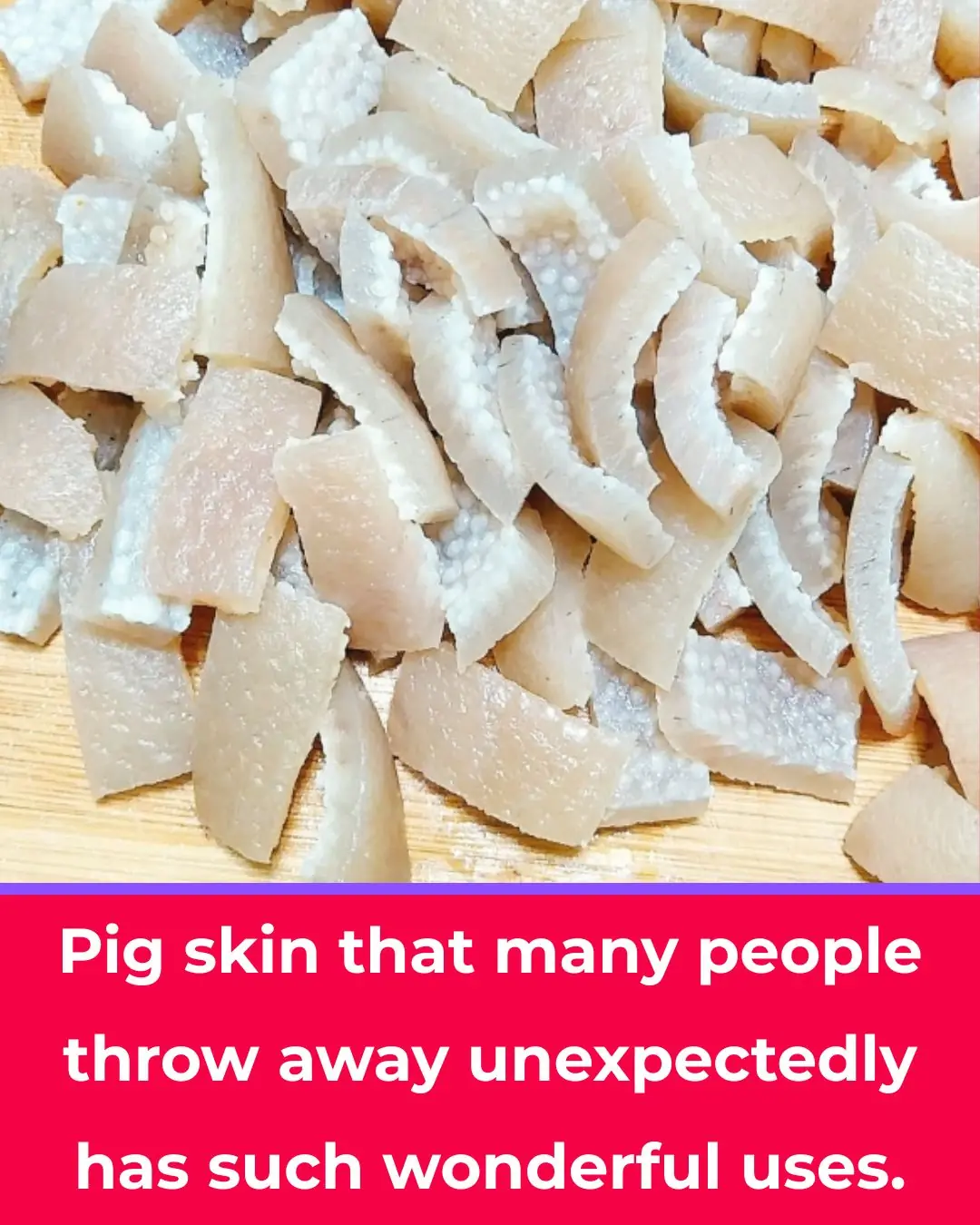
Pork Skin – The Often Overlooked Superfood
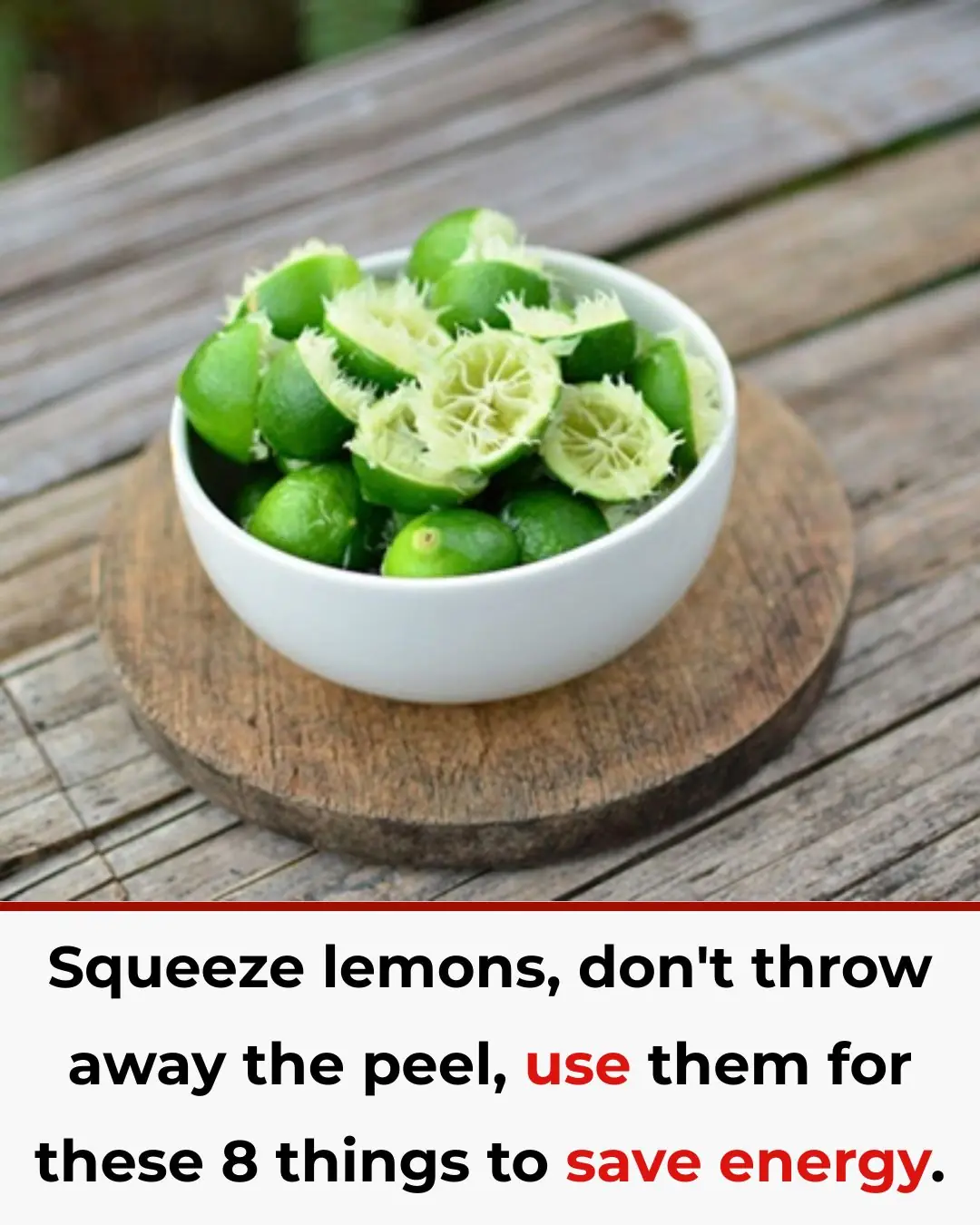
Don’t Throw Away Lemon Peels! Use Them for These 8 Household Tasks and Save a Ton of Money

10 surprising ways to use vinegar around the house

Stop eating these 10 things of CRAP
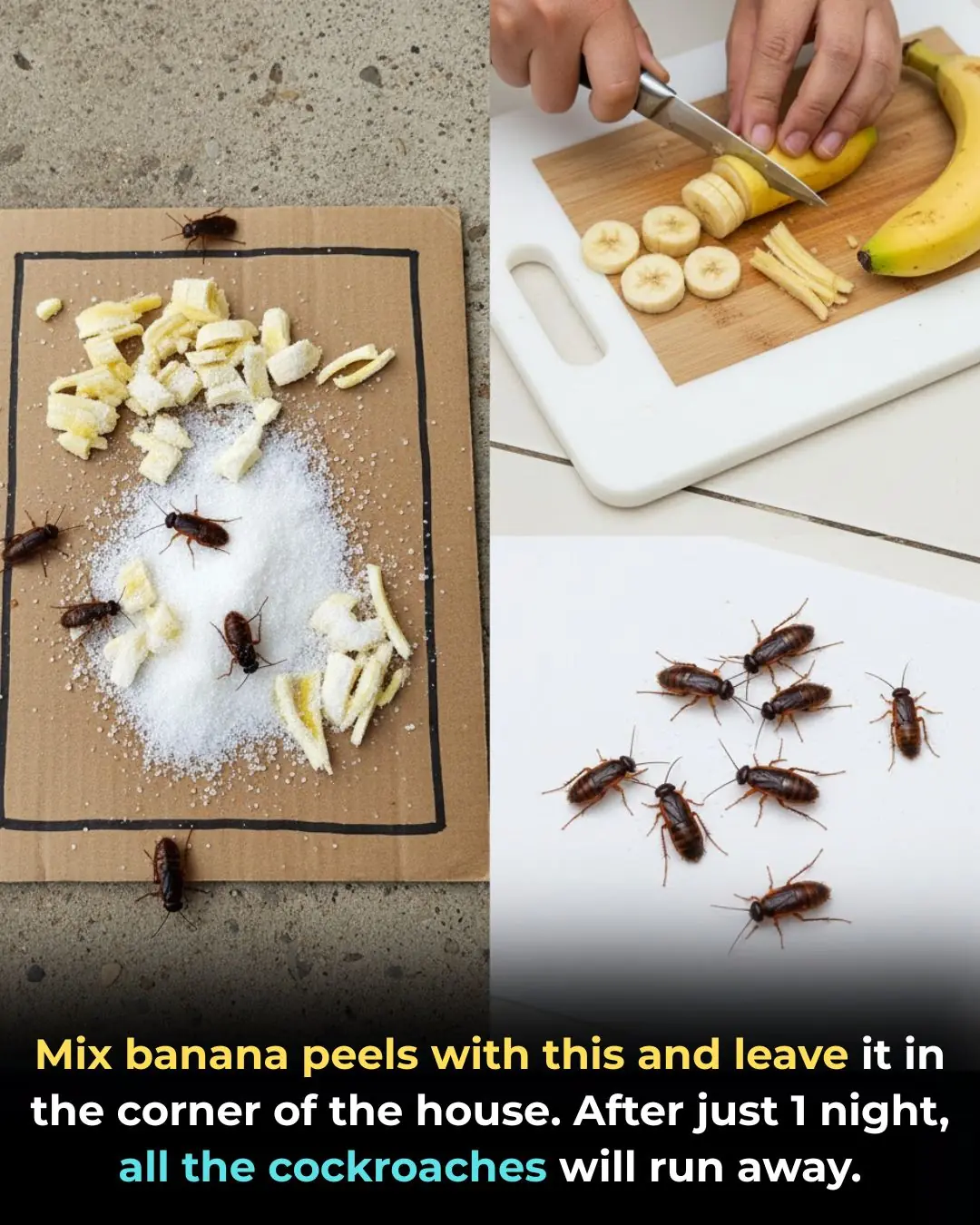
Mix Banana Peels With This and Leave It in a Corner — Roaches Will Disappear Overnight

Weak Toilet Flush and No Suction? A Simple Trick From a Professional That Fixes It Instantly
News Post

Health problems that improve with vitamin B12 (and how to use it)

The 70-year-old blood pressure drug scientists say may help stop deadly brain tumors

France Turns Forgotten Railway Tunnels into Poetic Winter Shelters for the Unhoused

Rose Essential Oil May Boost Brain Structure: New Study Reveals Increased Gray Matter Volume

These 4 common prescription drugs may be silently damaging your nerves

After 30 Years of Drinking Beer, Many People Still Don’t Know This Secret on the Bottle Cap — Just a Simple Twist to Open It Easily

The #1 fastest way to reverse liver and kidney damage

Banana Peels Mixed With Laundry Detergent: The Surprisingly Powerful Household Remedy

The protein sources that build your body vs. the ones that waste your money
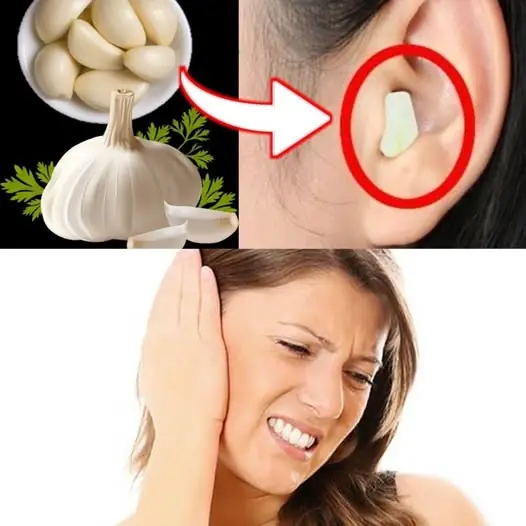
Garlic for Ear Health: Natural Relief and Protection

Why So Many New York Buildings Don’t Have a 13th Floor
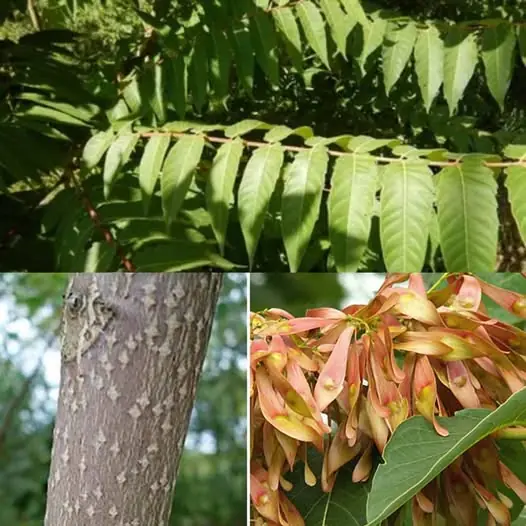
Tree-of-Heaven (Ailanthus altissima): Power, Potential, Uses, and Real-World Cautions

Warning! legs weaken first — 3 exercises every person over 50 must do
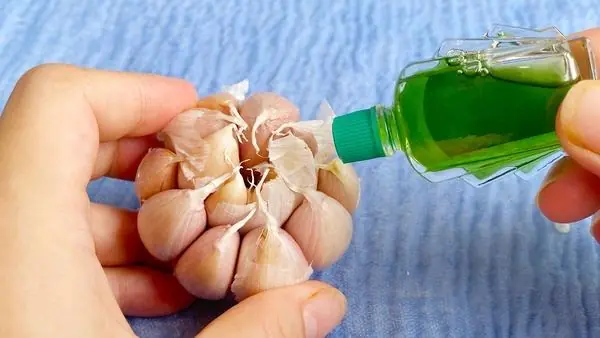
Pouring medicated oil on garlic seems like a strange thing to do, yet it offers surprising benefits that not everyone knows about

Powerful Foods That Help Prevent Clogged Arteries And Keep Your Heart Feeling 20 Again

‘He Needs To Act Like A Professional’: Would Draymond Green Care That A Fan Called Him ‘Angel Reese’ If He Was Still Good?

O.J. Simpson Estate Selling Off Treasures to Pay Goldman $58M—You Won’t Believe What’s Up for Auction

Leading Barber App Releases New Heartwarming Campaign Highlighting the Transformative Power of a Haircut
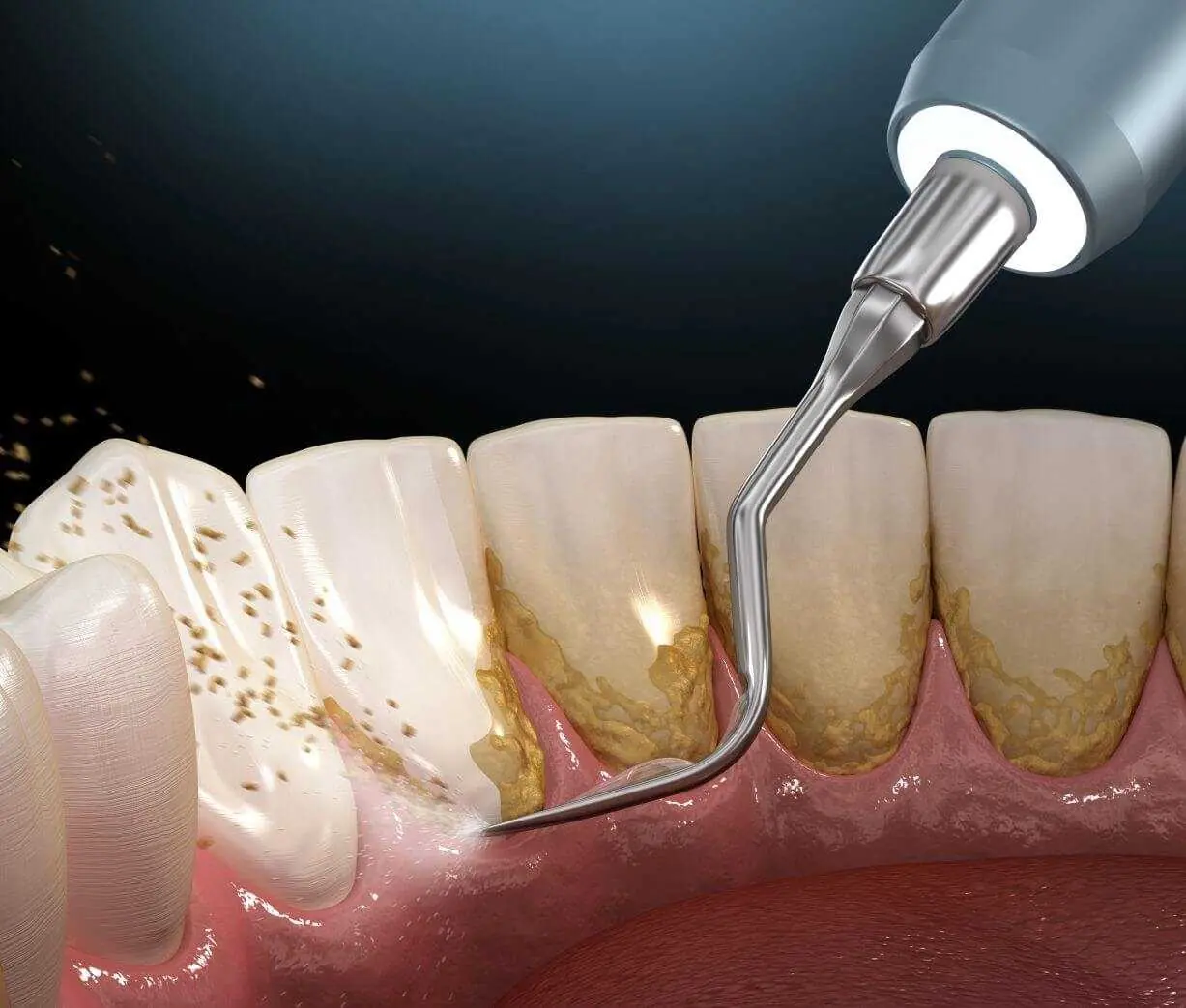
Natural Plaque-Removal Tricks That Actually Work
